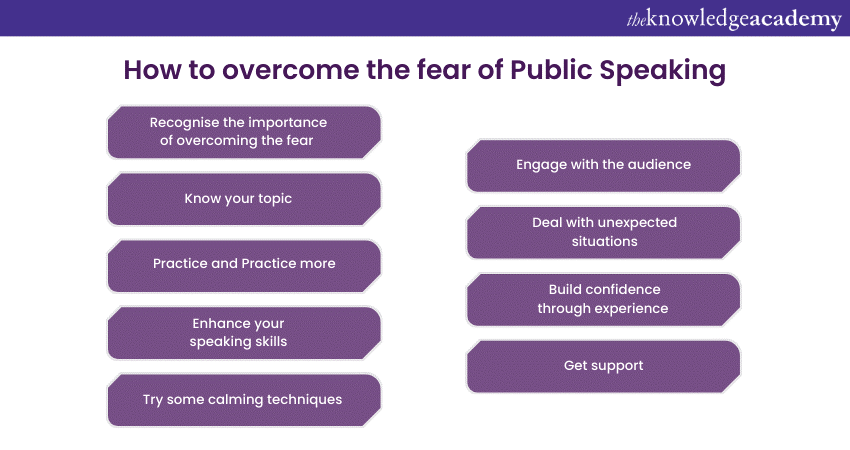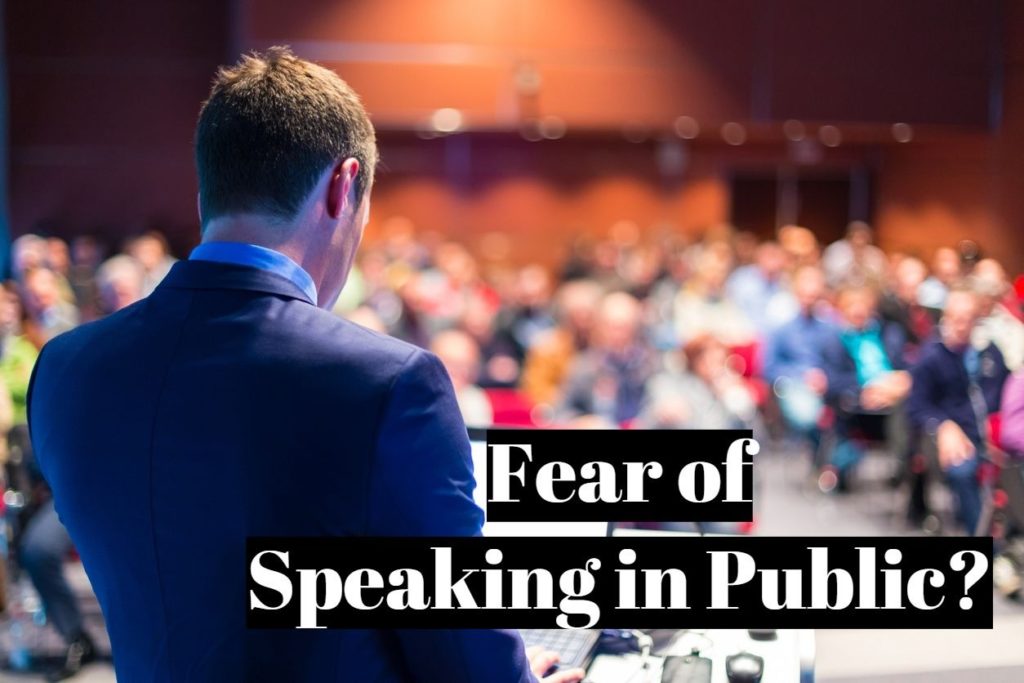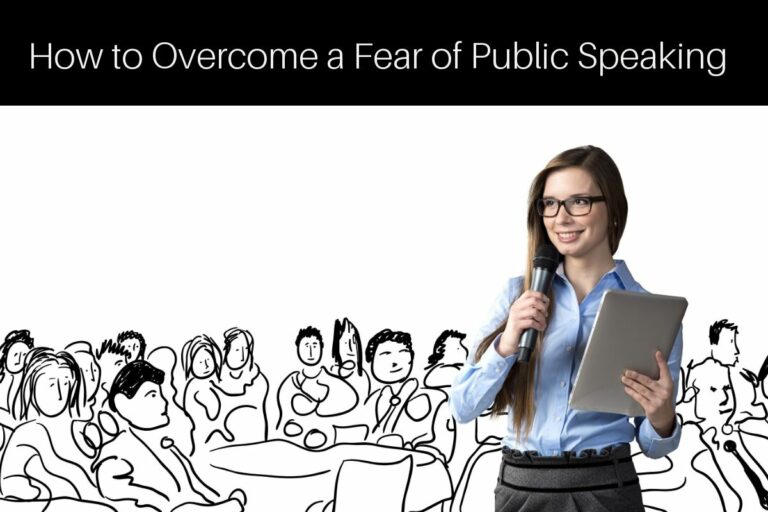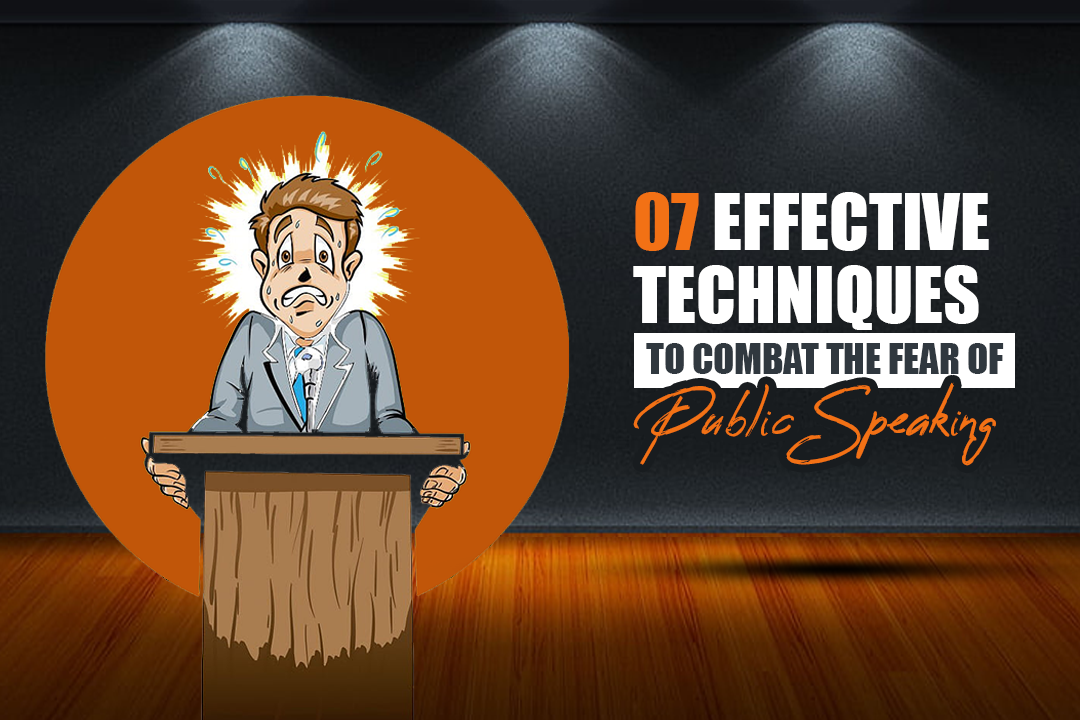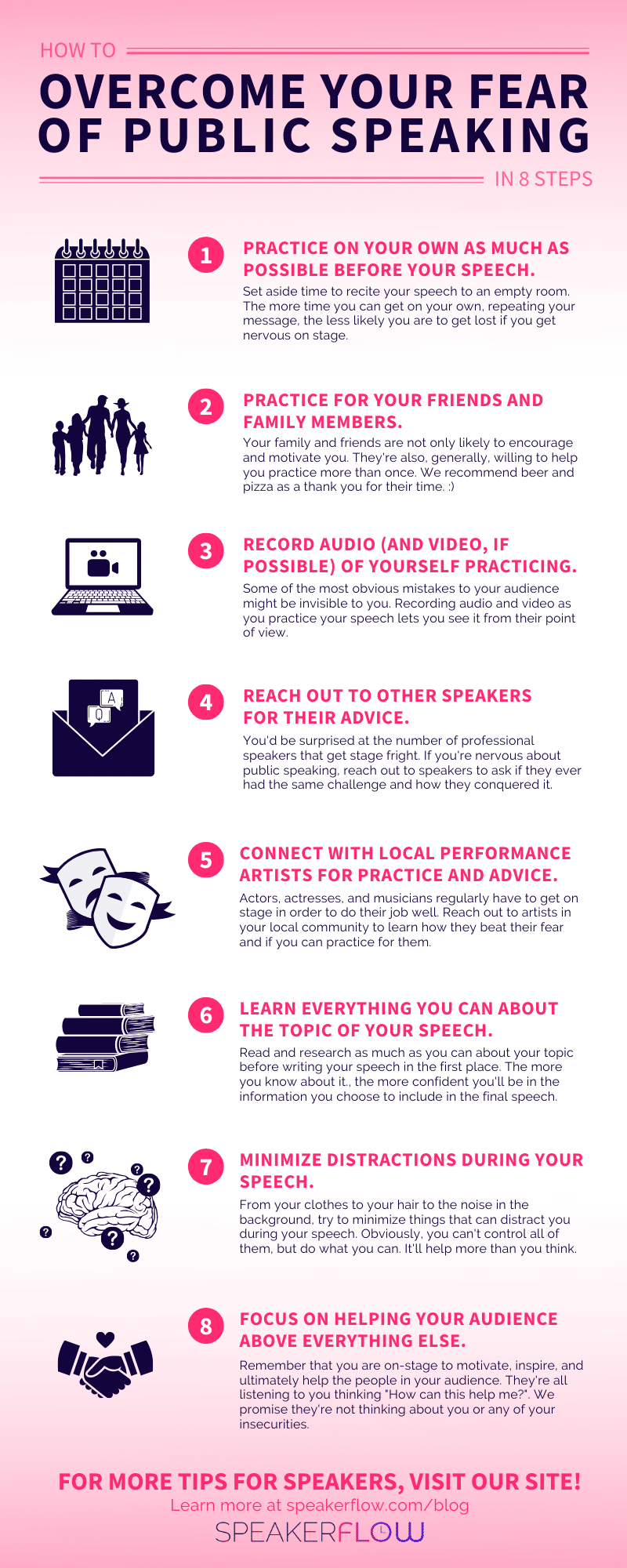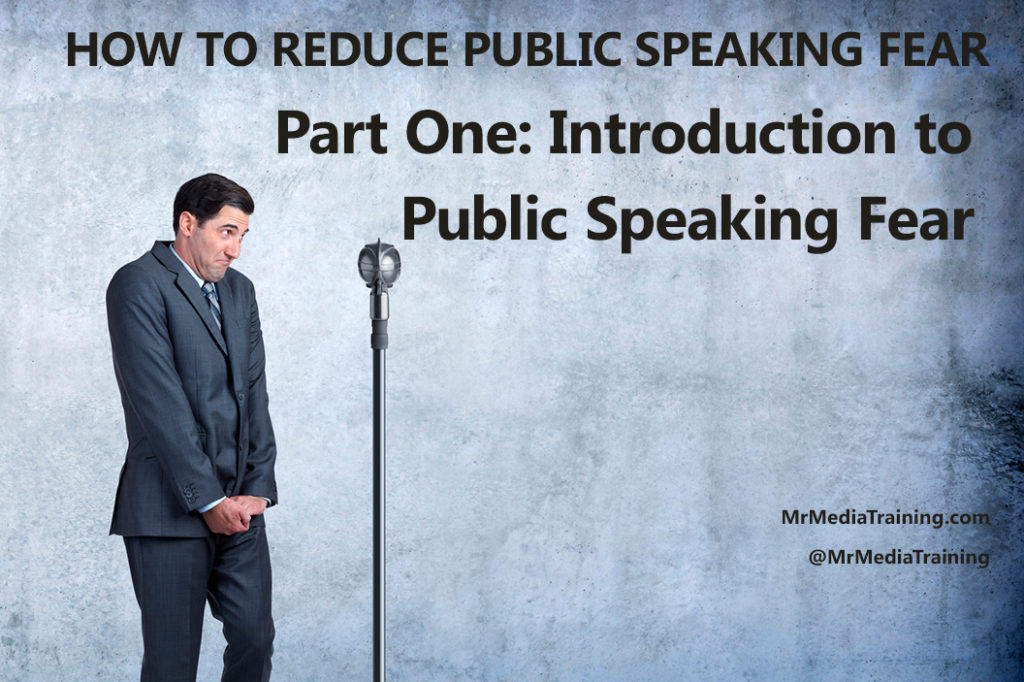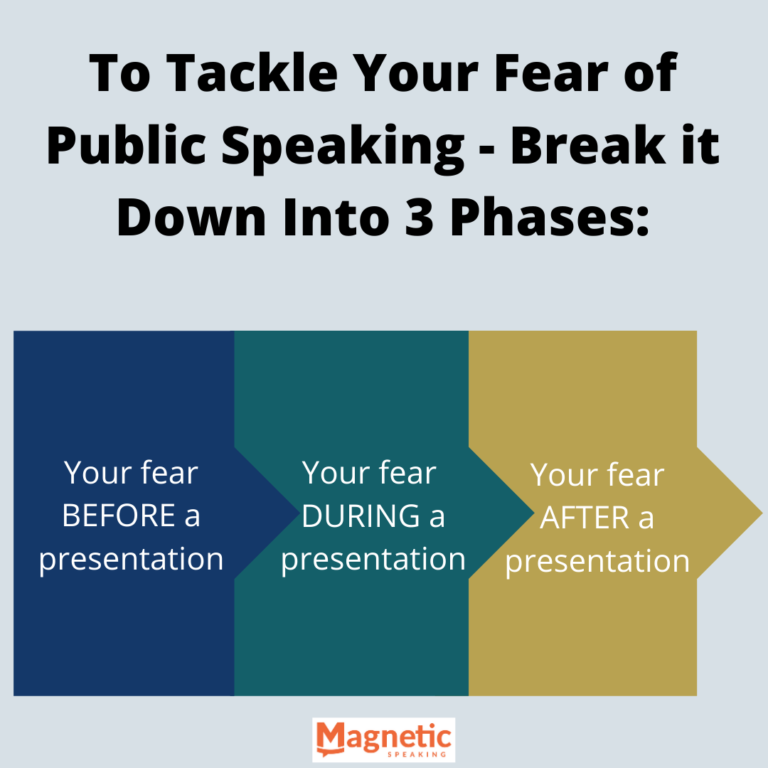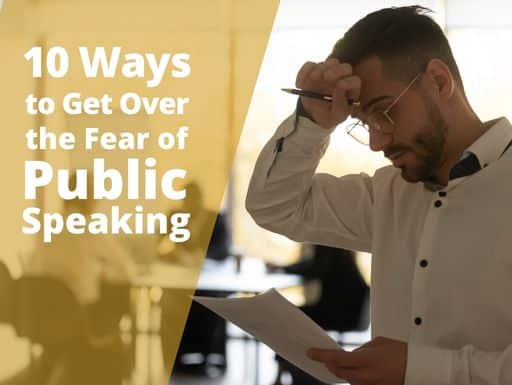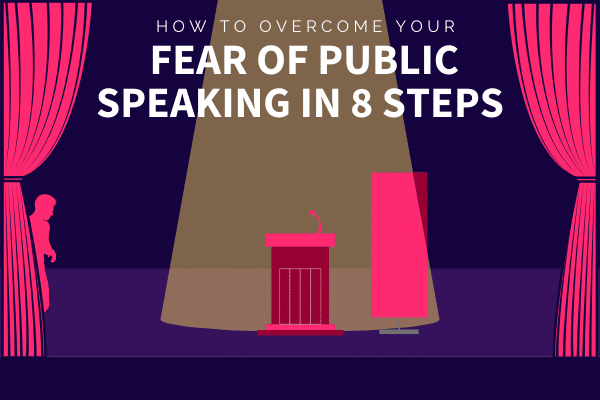Get Rid Of Fear Of Public Speaking

Imagine standing on a brightly lit stage, a sea of faces blurred in the distance. Your heart pounds, your palms sweat, and your carefully prepared speech seems to evaporate from your memory. This scenario, all too familiar to many, highlights a pervasive fear that can hold individuals back from achieving their full potential: the fear of public speaking.
This fear, known as glossophobia, affects a significant portion of the population. It can manifest in various ways, from mild anxiety to debilitating panic attacks. However, overcoming this fear is not only possible but also crucial for personal and professional growth.
Public speaking is a skill that can be learned and honed with the right strategies and mindset.
Understanding the Roots of the Fear
The fear of public speaking is often rooted in a combination of factors. These factors include a fear of judgment, past negative experiences, and the pressure to perform perfectly. According to a study by the National Institute of Mental Health (NIMH), social anxiety, which often underlies the fear of public speaking, affects approximately 12.1% of U.S. adults at some point in their lives.
This highlights the prevalence and significance of addressing this fear.
For many, the vulnerability of being the center of attention triggers feelings of anxiety and self-doubt.
Common Symptoms and Manifestations
The symptoms of glossophobia can be both physical and psychological. Physical symptoms include rapid heartbeat, sweating, trembling, nausea, and dry mouth. Psychological symptoms encompass feelings of anxiety, panic, self-consciousness, and a fear of forgetting one's speech.
These symptoms can be overwhelming and lead individuals to avoid public speaking opportunities altogether.
Recognizing these symptoms is the first step towards managing and overcoming them.
Practical Strategies for Overcoming the Fear
Fortunately, numerous strategies can help individuals conquer their fear of public speaking. Preparation is key.
Thoroughly researching your topic and crafting a well-structured speech can significantly boost confidence. Practice makes perfect, says Dale Carnegie.
Rehearsing your speech multiple times, ideally in front of a mirror or a small audience, can help you become more comfortable with the material and delivery.
Visualization and Positive Self-Talk
Visualization techniques can be incredibly powerful in managing anxiety. Imagine yourself delivering a successful speech. See yourself confidently engaging with the audience, and receiving positive feedback.
Replace negative thoughts with positive affirmations. Tell yourself, "I am capable," "I am prepared," and "I can do this."
This positive self-talk can help shift your mindset from fear to confidence.
Breathing Exercises and Relaxation Techniques
Deep breathing exercises can help calm your nerves and reduce physical symptoms of anxiety. Before your speech, take slow, deep breaths, focusing on each inhale and exhale.
Progressive muscle relaxation, meditation, and mindfulness techniques can also be effective in managing anxiety and promoting a sense of calm.
Consider exploring resources like the Anxiety & Depression Association of America (ADAA) for additional guidance on relaxation techniques.
Seeking Support and Professional Help
Don't hesitate to seek support from friends, family, or colleagues. Sharing your fears and concerns can help alleviate some of the pressure.
Consider joining a public speaking group like Toastmasters International, which provides a supportive environment for practicing and improving your skills.
If your fear of public speaking is severe and significantly impacts your life, consider seeking professional help from a therapist or counselor who specializes in anxiety disorders.
The Transformative Power of Conquering Fear
Overcoming the fear of public speaking can be a transformative experience. It opens doors to new opportunities, enhances communication skills, and boosts self-confidence.
Individuals who conquer this fear often find themselves taking on leadership roles, sharing their ideas more effectively, and building stronger relationships.
The ability to confidently communicate in public is a valuable asset in both personal and professional settings.
Remember that overcoming fear is a journey, not a destination. There will be challenges and setbacks along the way. However, with persistence, practice, and a positive mindset, you can conquer your fear of public speaking and unlock your full potential. The first step is believing in yourself.




